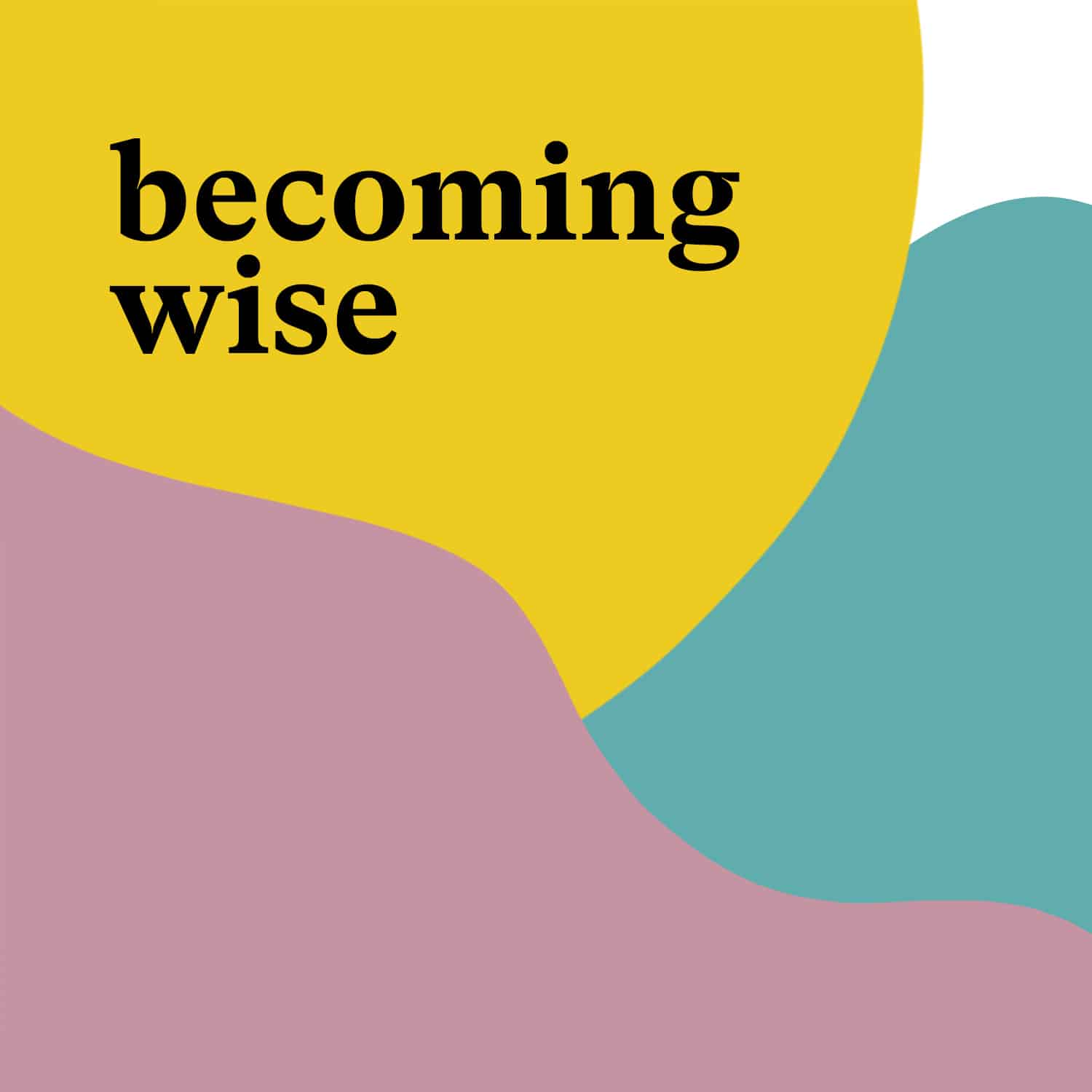Annette Gordon-Reed and Titus Kaphar — Are We Actually Citizens Here?


We must shine a light on the past to live more abundantly now. Historian Annette Gordon-Reed and painter Titus Kaphar lead us in an exploration of that as a public adventure in this conversation at the Citizen University annual conference. Gordon-Reed is the historian who introduced the world to Sally Hemings and the children she had with President Thomas Jefferson, and so realigned a primary chapter of the American story with the deeper, more complicated truth. Kaphar collapses historical timelines on canvas and created iconic images after the protests in Ferguson. Both are reckoning with history in order to repair the present.
Titus Kaphar is an artist whose work has been featured in solo and group exhibitions from the Savannah College of Art and Design and the Seattle Art Museum to the Museum of Modern Art in New York. His 2014 painting of Ferguson protesters was commissioned by “TIME” magazine. He has received numerous awards including the Artist as Activist Fellowship from the Robert Rauschenberg Foundation and the 2018 Rappaport Prize.
Annette Gordon-Reed is the Charles Warren Professor of American Legal History at Harvard Law School and a professor of history in the Faculty of Arts and Sciences at Harvard University. Her books include “The Hemingses of Monticello: An American Family,” for which she won the Pulitzer Prize, and “‘Most Blessed of the Patriarchs’: Thomas Jefferson and the Empire of the Imagination.”
This interview originally aired in June 2017. Find the transcript for this show at onbeing.org.

